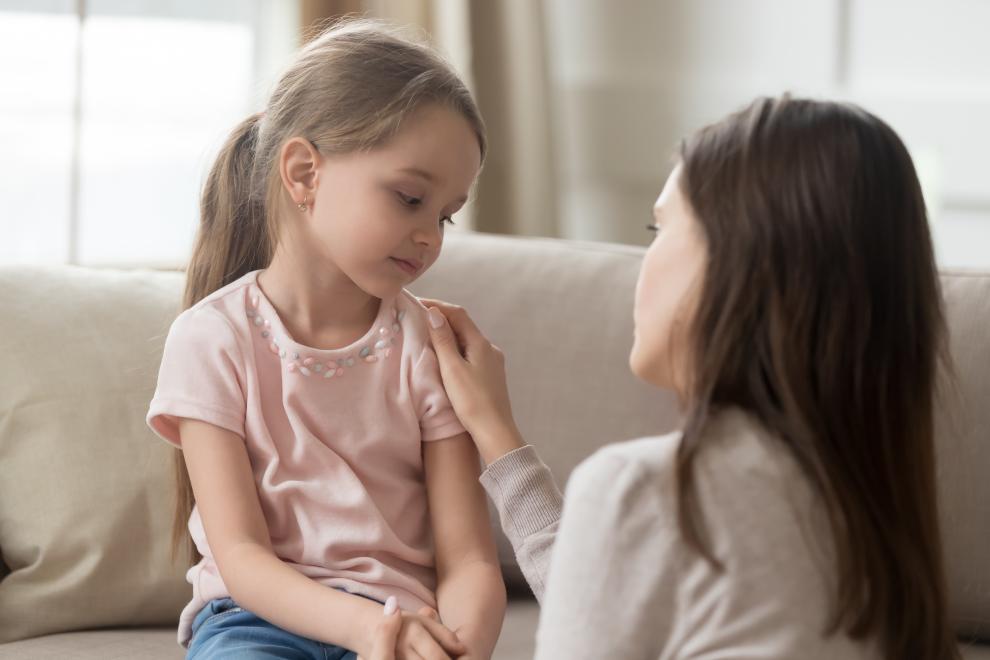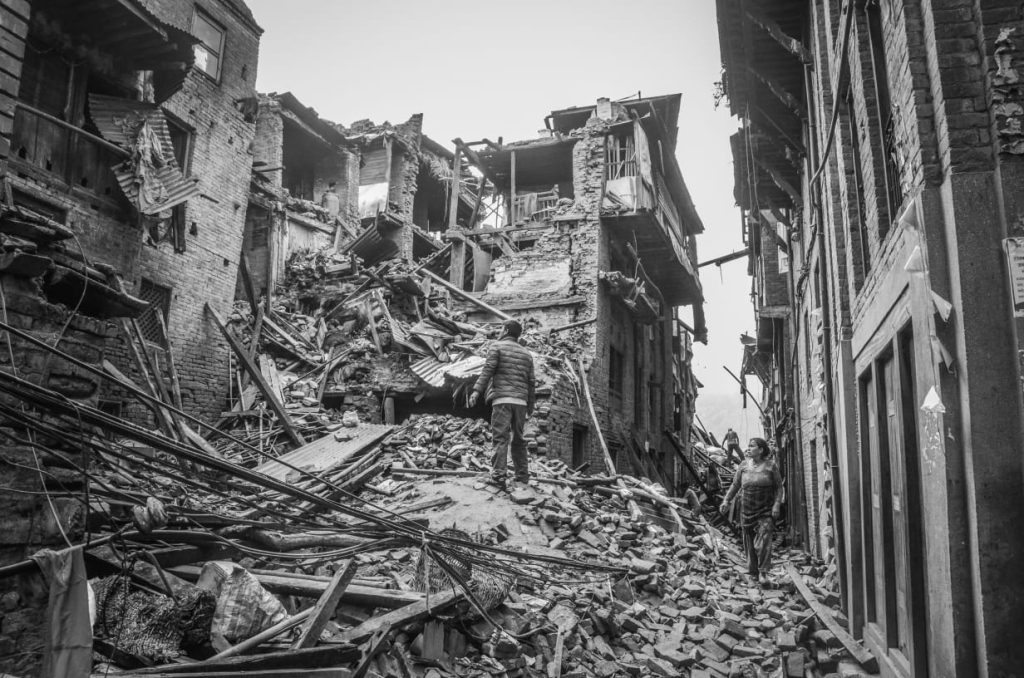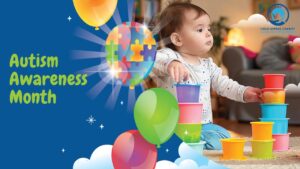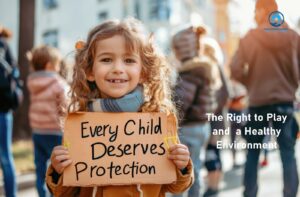Dealing with Children in Disasters
The interaction of children in disasters differs from one child to another, but we can assure you that it is a negative impact that shouldn’t be ignored. Children are greatly affected by what they see because they are exposed to a huge amount of pictures and information through the media which may have many disadvantages for them. Not to mention that they’re frightened feelings during the disasters, from the screams to destruction. Often, the child confuses the real scenes with previous scenes that he had seen on television and makes himself even more frightened.
What are the indicators of children being affected by the disaster?
- Fear can generate aggressive behavior in children: the child may start hitting his siblings.
- Night affects children a lot: Some of them develop a renewed fear of the dark, others have nightmares, and still others become afraid to sleep alone.
- Fear in children can manifest as childish behavior such as involuntary urination and finger sucking.
-
A frightened child becomes very attached to his parents as they make him feel safe.
- Also, repeating questions about an earthquake or disaster is normal, it indicates their fear. They usually ask for information that may be reassuring at times.
The importance of talking to Children about the Disasters:
- Social media and the media are full of talk about the disaster, so the parents’ avoidance of talking about it generates a feeling in the children that there is something negative that their parents do not want to tell them about.
- Therefore, parents need to know the appropriate information mentioned to their children according to their age group.
- Parents should ask the children about their feelings, (what they heard about the disaster and their opinion of what happened..). Communication is a very important point to knowing the children’s feelings.
- You must pay attention to the child’s expressions while talking about the disaster. It is also very important to speak openly and truly without addressing superstitions, taking into consideration the age group and his mental capacity.
Reassure your child
Communication in such circumstances is an important key for parents to know how their children feels. It is important for parents not to make their children feel that they are exaggerating their reactions and fear. Contrarily, parents must respect these feelings so they don’t cause children to feel ashamed, as the children will then try to hide their emotions instead of expressing them. In case they feel that the parents do not appreciate it.
Parents can provide reassurance by telling their children how to protect themselves in the event of a recurrence of the disaster, and about the role of the police and ambulance in rescue operations when another disaster occurs.
Also, returning to the old routine, such as going to school, family dining together, and others, helps children to know and form the idea that the disaster has ended and that life is returning to normal again, and it also helps the child to return to his normal feeling.
It is important for children to feel that the adults around them feel safe and secure. If you want your child to feel comfortable, you must be comfortable and support them psychologically to overcome this difficult period.







